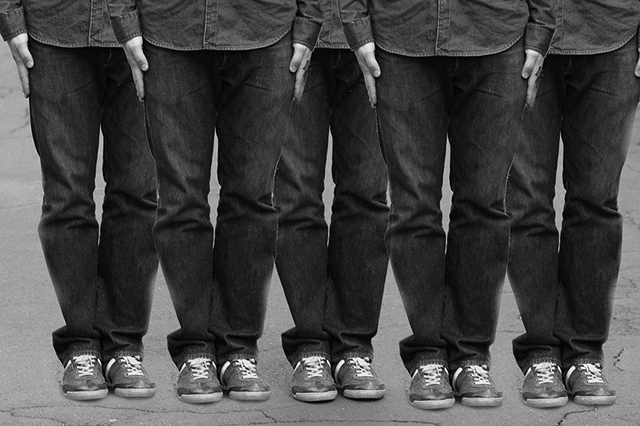Dissociative Identity Disorder counselling can make a difference. If you are experiencing a disconnection and a lack of continuity between thoughts, memories, surroundings, actions & identity.

What does Dissociative Identity Disorder Look Like?
Looking at your day-to-day life is a good place to start, whether or not you already have a diagnosis.
People describe watching the scene from outside their body, perhaps from the ceiling or standing beside their physical selves. Derealization and depersonalization mean that the person is living life but it does not seem to be real, or to belong to the person.
While derealization and depersonalization vary for each person, there are a few common symptoms to be aware of. The more symptoms you experience for a longer period of time can indicate you are likely experiencing derealization and depersonalization. Therefore you may benefit from Dissociative Identity Disorder counselling.
Clues or Indicators of Dissociative Identity Disorder
When we are overwhelmed by a single experience or a series of experiences that are horrible, terrifying, and don’t make any sense, sometimes our defenses simply shut us down emotionally. The experience is happening but our emotional self leaves the body and observes the situation from a distance. Some clues and indicators of dissociative identity disorder are as follows:
- memory loss (amnesia) of certain time periods,
- a sense of being detached from yourself and your emotions,
- an unclear sense of identity,
- a distorted perception of the people and things around you,
- uncommon stress or problems in relationships, or work,
- not coping well emotionally,
- thoughts of suicide,
- or feeling depressed or anxious.
When Should I Seek Dissociative Identity Disorder Counselling?
If you are escaping reality in ways that are involuntary and unhealthy. You may be having problems with functioning in everyday life. If you have tried a better diet, more exercise, good sleep habits, yet no change happens, it’s likely time to get therapy.
And yes, diet and exercise are indeed good front-line interventions that can help. Often doctors suggest them before suggesting medications.
When whatever you try does not make a lasting change, when the feedback does not shift that is a sign more is needed. It’s time to do the hardest thing of all, it is time to reach out and find ways over, under, around or through the struggle. And the right therapist can do that with you. Many people learn new ways of coping and lead healthy, productive lives. Dissociative Identity Disorder counselling can indeed heal.
How Will Counselling Help Me?
Talking about struggles is the oldest known form of getting help known to humankind. We also know there are specific skills that make a difference over a longer time, and that is how therapy can help. Challenging our negative thoughts, finding meaning in the meaningless with someone who can be a guide makes a real difference. And using skills to actually end the struggles with the awful stuff frees up energy for a life with more possibilities.
There are degrees of dissociation, from brief and fleeting to longer lasting. Sometimes emotional parts put up barriers and become separate from the rest of the self. That is called Dissociative Identity Disorder. It is often misdiagnosed. DID or other dissociative disorders can indeed heal.
Working With Liz

Liz is a registered psychologist in Edmonton, who began her career as a clinical social worker. Liz Massiah considers the impact with social, cultural, familial economic, educational, and other influences. As well as the more individually focused work of psychology to her therapy practice.
Liz has practiced since 1983 here in Alberta.
Read More